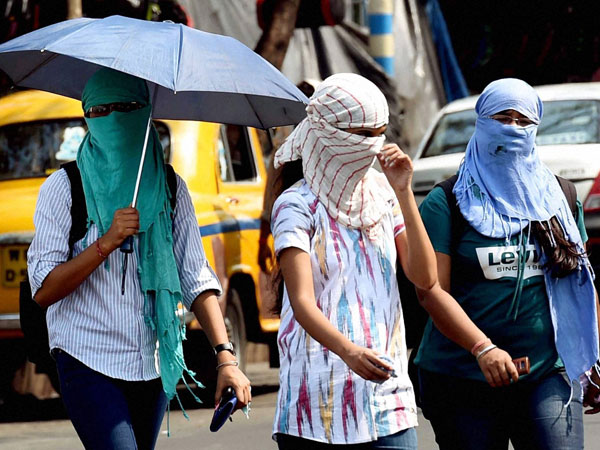Heatwaves affect people with disabilities more: Lancet study
Fri 14 Jun 2024, 00:12:32

Individuals with disabilities experience more severe impacts during heatwaves compared to those without disabilities, as indicated by recent research showing increased hospital admissions due to extreme heat exposure. Researchers from Pusan National University in South Korea studied the effects of heat on emergency hospitalisations occurring between June and September, focusing on individuals with physical disabilities, brain lesion disorders, vision impairments, and hearing impairments.
The research, published in The Lancet Planetary Health journal, revealed that this demographic faced a significantly higher risk of hospitalisation, particularly for conditions related to mental health and respiratory issues, compared to the average population. The study also highlighted a substantial rise in emergency hospital admissions, along with medical expenses that were seven times greater for individuals with disabilities.
Moreover, individuals with brain lesion disorders, severe physical disabilities, women, and those over 65 years old were identified as particularly susceptible to extreme heat. The study highlights inequalities in hospital admissions and healthcare costs between
disabled and non-disabled individuals.
disabled and non-disabled individuals.
The study highlights the need for informed public health policies to support and address the specific needs of this group, they said.
"As far as we know, there are still a limited number of guidelines against climate change in the context of people with disabilities. Our study sheds light on the importance of considering the population with disabilities while developing guidelines against climate change," said lead researcher Whanhee Lee from Pusan National University.
For instance, public health policies could include practical actions addressing various disabilities, along with healthcare training to consider the diverse medical conditions of people with disabilities and the impacts of climate change on their health, the authors said. Such plans will also align with UN Sustainable Development Goals (SDGs) for equal healthcare access and climate action, they said.
For the study, the researchers looked at the health records of nearly 60,000 beneficiaries with disabilities and over 10 lakh beneficiaries without, from the Korean National Health Insurance Service-National Sample Cohort database.
No Comments For This Post, Be first to write a Comment.
Most viewed from Health
AIMIM News
Latest Urdu News
Most Viewed
May 26, 2020
Do you think Canada-India relations will improve under New PM Mark Carney?
Latest Videos View All
Like Us
Home
About Us
Advertise With Us
All Polls
Epaper Archives
Privacy Policy
Contact Us
Download Etemaad App
© 2025 Etemaad Daily News, All Rights Reserved.






























